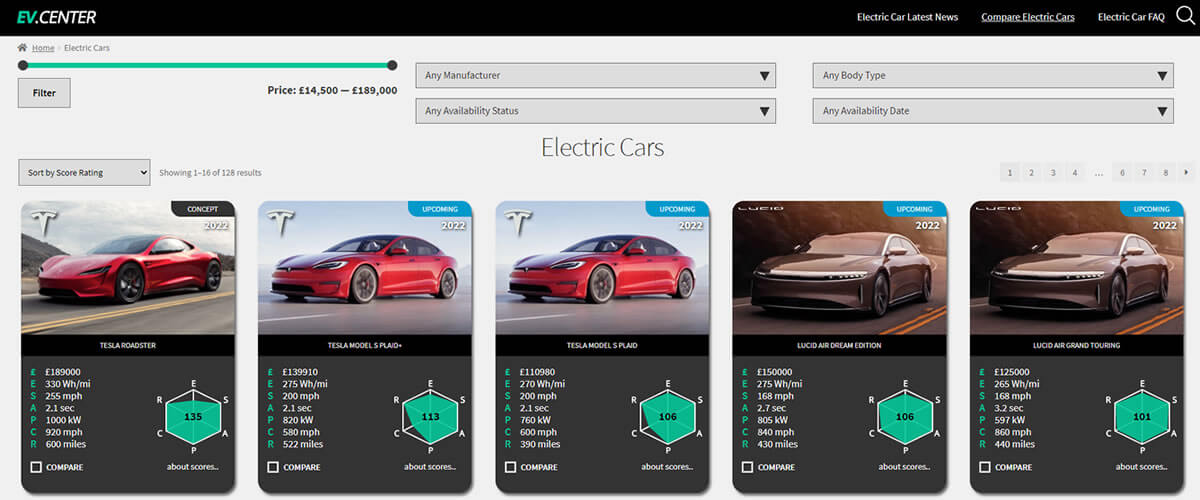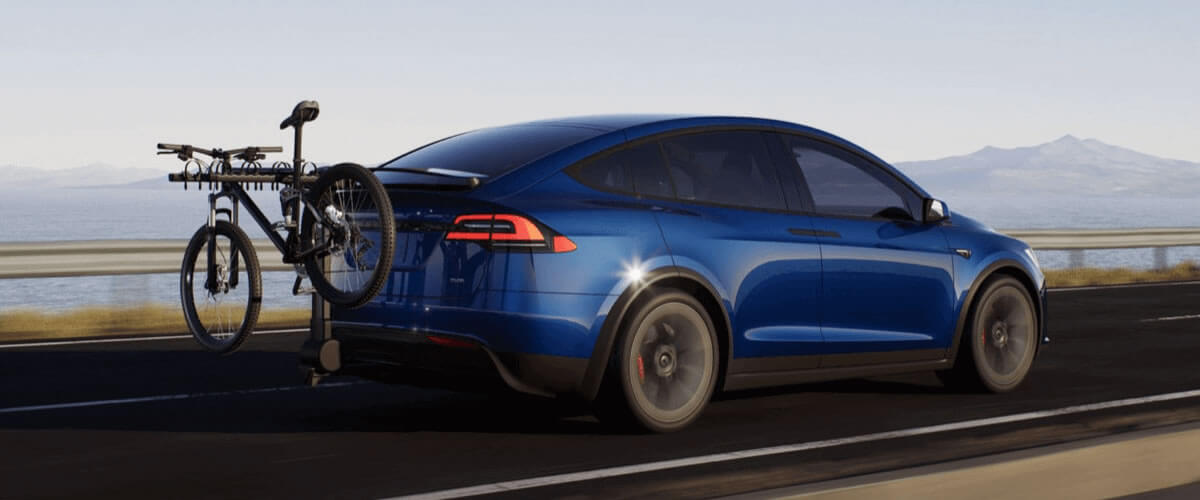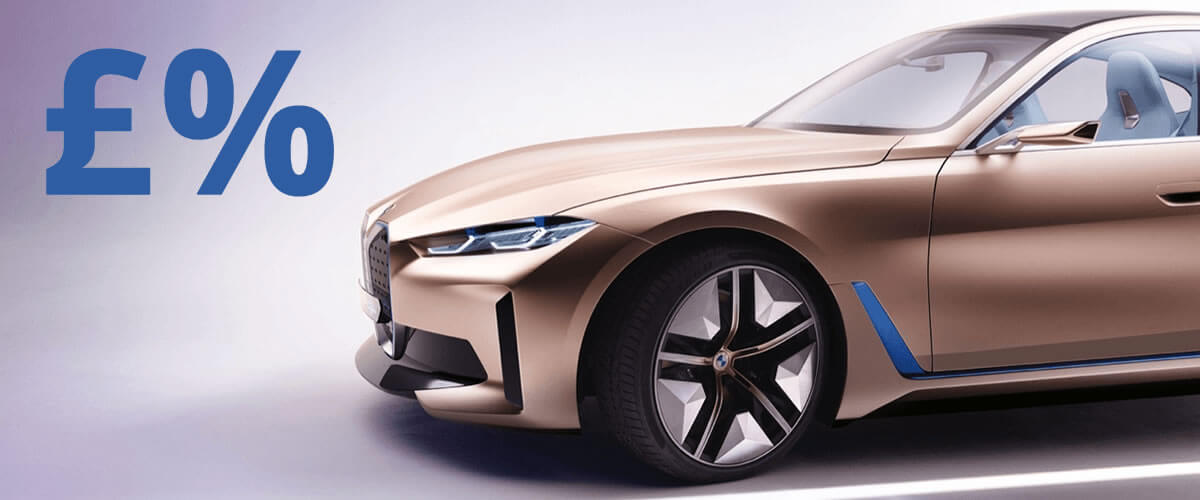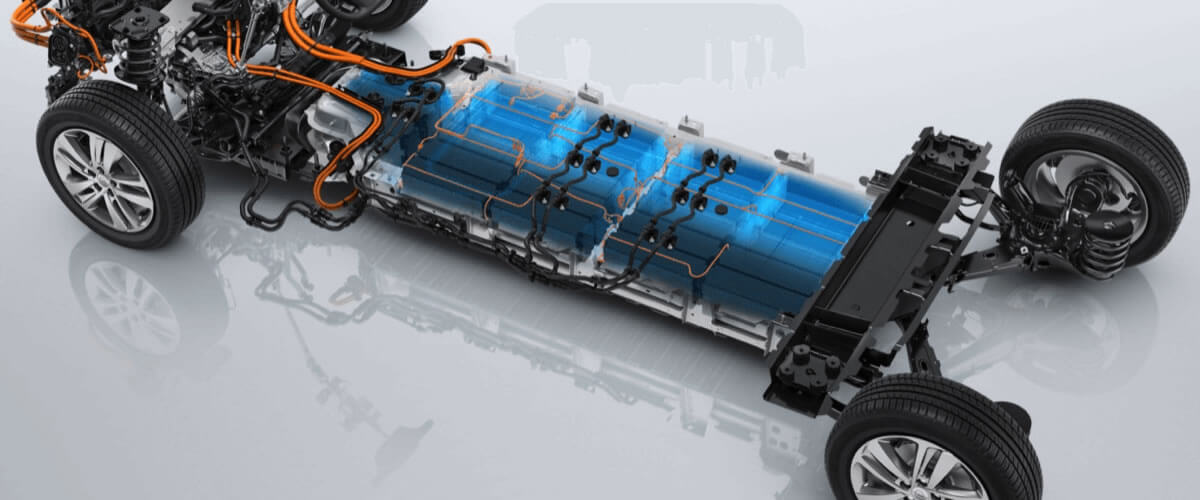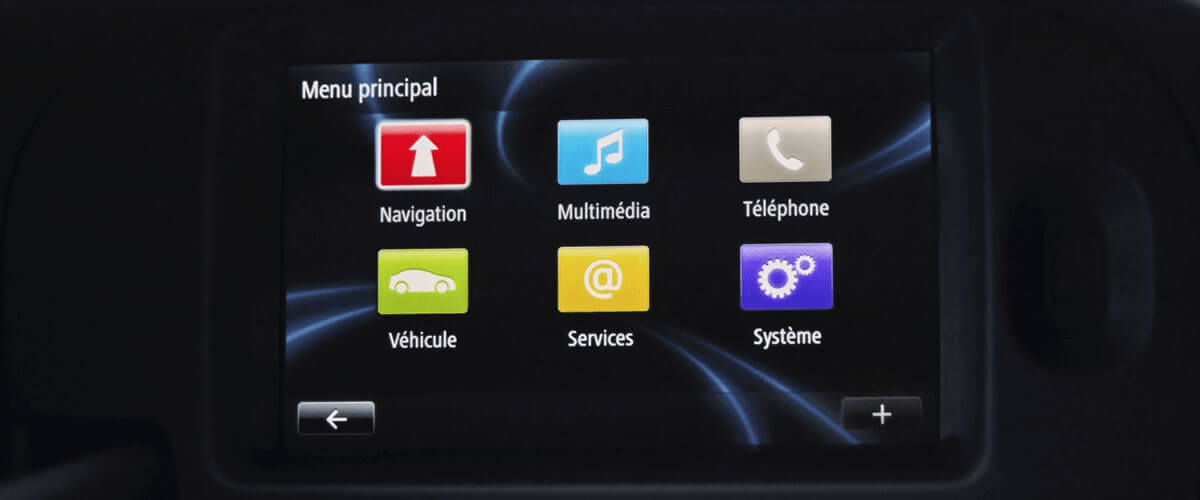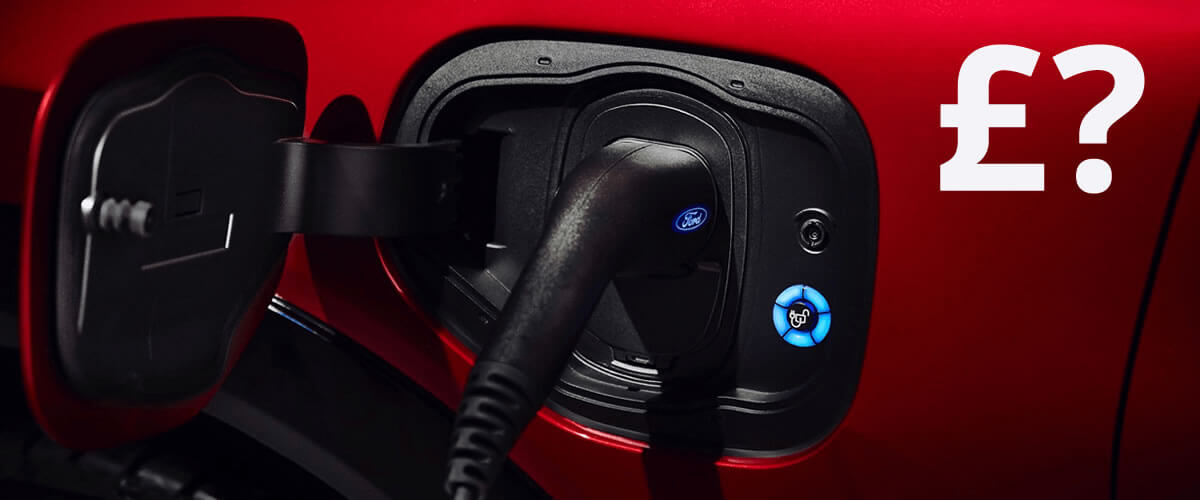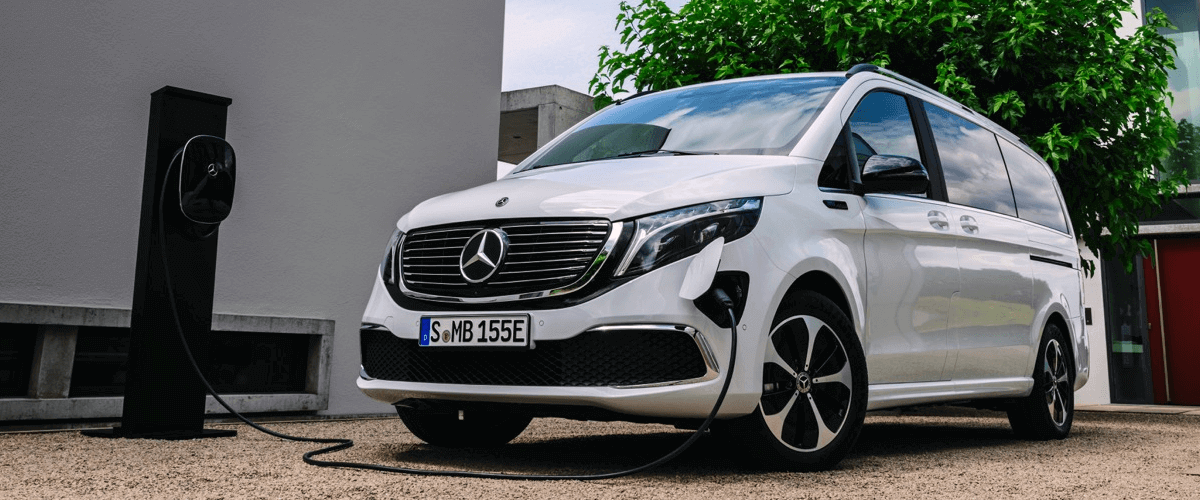We are excited to announce that we have now officially launched the EV.CENTER website! We have tons of new features, improvements and news articles planned, so stay tuned. We hope the information and comparisons you find on this site are useful to you in making a decision to buy an Electric Vehicle. We are still ironing out a few kinks and quirks, so please bare with us whilst we make this site awesome.
Our Blog
During the early adoption phase, most manufacturers have not subjected their electric vehicles to the required homologation (certification) for towing.
This is thought to be because EV’s tend to have short ranges compared to petrol and diesel cars, which would be cut drastically shorter when hauling a big trailer or caravan behind them! And most people who want to tow a caravan tend to want to travel long distances to go on holiday, etc.
This essentially makes almost all currently available EV’s quite useless for towing, despite their better torque and sturdier weight over their petrol and diesel equivalents.
However, meet the Tesla Model X.
This powerhouse of an Electric SUV has the weight, power and range to tow almost anything. What’s more, it’s totally certified to tow, and will do 0-62 in just 2.8 seconds! Just remember not to accelerate too quickly when towing! Obviously, towing a ruddy big caravan is likely to impinge on your acceleration quite substantially.
There are a few other EV’s that are certified to tow at the time of writing. Whilst these are not as powerful as the Tesla Model X, they are thankfully a bit cheaper. Here are the towing limits for each car:
Tesla Model X: 2,270Kg
Audi e-tron: 1,800Kg
Mercedes EQC: 1,800Kg
Jaguar I-Pace: 750Kg
Electric Car VED & BIK
EV’s are exempt from the Vehicle Excise Duty (VED), but you still have to pay Benefit-in-Kind (BIK) tax if you plan to use an EV as a company car. This is because whilst the government want to incentivise the use of electric vehicles, they also don’t want to facilitate tax dodging.
That being said, BIK was set at zero percent until April 2021, where it will increase thereafter to a whopping 1%. So there is nothing to be concerned about and it totally reinforces the notion that EV’s are the way to go.
Electric Van Benefit Charge
Some companies might want to give their employees a van that they can also use for personal use. In this type of situation, a Van Benefit Charge supersedes the Company Car tax, and costs £2,908 for Electric Vans, which includes a 20% fee reduction vs the same charge on petrol and diesel vans.
EV Lithium-Ion Batteries
Most modern batteries, including the ones you find in the latest smartphones and laptops, are made from Lithium-Ion, and this is the type that is currently found in most EV’s.
However, as you’ve most likely experienced from your old smartphone or laptop, the batteries degrade over the course of a few years, often expedited by repeatedly draining the battery from full, or exposing it to very hot or very cold temperatures.
Obviously, reduced battery performance will mean less miles you will get out of your EV in a single trip.
The battery will need to be replaced once it drops below 75% holding capacity.
EV Battery Leasing Policies
Some EV manufacturers provide a separate monthly fee for the battery, so that you don’t need to worry about battery degradation, and will get a replacement when the current one falls below par.
If your EV doesn’t come with a separate battery lease and you own the whole car including the battery, then it will be yours to dispose of and get replaced out of your own pocket.
However, despite EV batteries often costing around £3k to replace currently, most companies are driving down the cost each year, and once more and more EV’s are mass produced, and battery technology evolves, the cost of the batteries will likely fall too.
PiCG
In a bid to cut CO2 emissions, the UK government came up with a scheme called the plug-in car grant (PiCG).
As of 18th March 2021, this pays up to 35% off the price of your new EV for you, but is limited to a maximum benefit of £2,500 and only for cars costing under £35k. Prior to this date, the benefit was £3000 for cars worth up to £50k.
Also, the latest benefit is already factored into the prices on manufacturer websites, including EV.CENTER, so don’t expect to get any further cost reduction, unless you are able to play hardball with the dealer. EV’s are in great demand at the moment, so the old “I’m walking away now…” trick might not be enough to get the dealer to sharpen their pencil!
The dealer or manufacturer should automatically apply the grant for you, so you don’t have to worry about having to apply for one, and the scheme is planned to be in effect right through to early 2023.
The only other caveats for electric vehicles in qualifying for the maximum grant is that they must be able to travel at least 70miles in a single trip and be 100% electric.
Home Charging Grant
The UK government will pay you up to £350 to install a home charging wallbox from an approved supplier.
Congestion Charge & Bus Lanes
Having already qualified for the Plug-in Car Grant, you also don’t have to pay the London Congestion Charge, and can enter low-emissions zones free of charge too.
There are also plans for all EV’s to have special green number plates that will allow you to have free use of bus lanes.
The short answer is about a quarter of what you would pay at the pump for a petrol or diesel car, but good luck working out the exact cost per charge!
That’s because you will now need to consider where you charge, what time of day you charge, whether you have a subscription to use the charge point, how much the subscription is for that charge point, what your own home tariff is, whether you have solar panels installed, how much battery power you have left and how fast the charge connection is!
Commercial Charging
Unlike simply checking the petrol station prices and filling up at one that has a favourable price displayed, electric charging point fees will vary considerably and the fees won’t simply be displayed on a large billboard.
Thankfully though, one benefit of buying an EV during this early adoption phase is that there are currently only a handful of known charging point companies, so it won’t take long to familiarise yourself with their pricing and subscription fees, with the price of electricity not as volatile as the crude oil fuel types.
To see a full list of charging point companies that you’ll likely find on your travels and what fees and pricing to expect, check out our UK EV Charging Point Guide.
To give you an idea of the costs and complexities, here are the different service levels and rates currently charged by BP Chargemaster’s Polar Network:
Polar – https://polar-network.com/
The Polar Network is operated by BP Chargemaster and is one of the largest charging networks in the UK, as you’ll find them at most existing BP petrol stations and at a wide range of retail parks. They provide three different service levels (Polar Plus, Polar Instant and Polar Contactless) and utilise three different charging speeds (Fast, Rapid and Ultra Rapid).
Polar Plus is a subscription service that currently costs £7.87 a month, (although the first three months are free). Once subscribed, you can enjoy their cheapest charging rates:
Fast: 12p
Rapid: 15p
Ultra Rapid: 20p
Polar Instant doesn’t require a subscription, but you are required to install an app, create an account and pre-pay it with at least £20. This then allows you to use a PAYG model (Pay as you go), but you will have to pay a £1.20 fee per charge. You then get access to these middle-priced rates:
Fast: 18p
Rapid: 25p
Ultra Rapid: 35p
Polar Contactless is a PAYG model similar to Polar Instant, only you don’t have to install an app, create an account or pre-pay anything. The fees are only slightly more expensive than the pre-paid model, with a £1.50 fee per charge:
Fast: N/A
Rapid: 30p
Ultra Rapid: 40p
Its also worth mentioning that during these early adoption days, some of Polar’s charging points offer free charging, although the per-charge fees still apply.
Domestic Charging
When charging your EV at home or any other domestic premises, you will be limited to AC (Alternating Current), meaning a much slower charging speed than can be got from commercial premises, which is allowed a DC (Direct Current) power output.
Although it is possible to charge an EV by plugging it into a mains socket inside your house, this isn’t very practical and is only meant to be a ‘last resort’ charging method, as it will be painfully slow and can take almost a day in some cases to fully charge an EV from near empty.
If we said that the average domestic electricity rate was 14p per kWh, it would cost around £6 to charge the car during the day time for 12 hours, and then around £4 to charge for 12 hours during the night. It would therefore cost around £10 to keep a car on charge for 24hours. Only cars with mega big batteries would require such a long charge, like Tesla, whose cars often sport 100kWh batteries. Most other mid-range cars that have 40-50kWh batteries could be charged in half a day using this method.
Thankfully, home charging does not have to be this painfully slow, thanks to many car manufacturers, energy providers and 3rd parties developing home charging stations. Getting one installed is a must, and will boost your charge output from a measly 3kW to a whopping 22kW, with no increase in energy cost.
However, please bear in mind that not all EV’s can utilise the full 22kW, and each EV has its own charge speed limit. You can currently get a government grant of up to £350 to get a home charging station installed, so its well worth looking into.
For a full list of home charging stations, their power output and the cost of installation, please check out our EV Home Charging Station Power Box Guide. (Coming May 2021)
As you’ll see from our section on How much does it cost to charge an electric car? , the cost of ‘filling up’ your EV compared with a petrol or diesel car is just under a quarter of what it would cost to fill up those old polluting contraptions.
But what about all the other stuff, like maintenance, tax, insurance, mot, etc? Let’s take a look at all these things now:
How much does it cost to Maintain & Service an Electric Car?
Due to EV’s still being in the early adoption phase, many independent garages are not yet qualified or trained to work on EV’s. So you’ll most likely have to take the car to an approved garage run by the manufacturer. Given that most EV’s are quite expensive, you’ll probably want to do this anyway, especially during the warranty period.
Whilst taking the car to the original manufacturer to get it serviced used to mean you would pay premium prices to get a car serviced, the good news is that EV’s have less moving parts than traditional cars, and generally have much simpler drivetrains, so they won’t have all the usually ticking time bombs such as cambelts, turbos, gaskets, exhaust pipes, Filters and the like. Remember dreading the repair bills of all of those? Well now they are history, and you’ll finally be able to laugh off the time you had to pay £2000 replacing those two turbos on your land rover! Or the time you drove your old VW Polo through a puddle and then had to pay £800 to have a new rotor arm, distributor and HT leads fitted because you burnt the motor out trying to start the damn thing so many times. No doubt you’ll have your own stories!
But no, despite still having to worry about suspension, brakes, tyres, bearings, etc, the biggest concern you will likely have is the battery.
Batteries degrade overtime, and these are huge state-of-the-art cutting edge batteries that cost several thousands to replace. Luckily, a lot of EV manufacturers lease the batteries separately, so you don’t have to worry about a huge unexpected replacement bill later down the line. It’s worth checking your contract to see whether the battery can be leased separately from the car or not.
Other than that, the other main differences with EV’s are the many complex electrical gismos and safety features, touchscreen panels, cameras and interfaces. You’ll probably be hiring a software engineer more than a mechanical one, given the amounts of these things EV’s tend to have in spades. Time will tell how reliable these systems are and if many software bugs will emerge.
How much does it cost to Tax an Electric Car?
EV’s are currently tax free due to the government’s commitment to fully reduce carbon emissions by 2050. Even hybrids and PHEV’s still have to pay some sort of tax because they still emit carbon dioxide, but fully electric cars are super green to the environment around them and so get treated to full tax exemption. Obviously though, come 2050 and we are all driving EV’s, they’ll have to start charging EV owner’s tax otherwise they’ll be no more money coming in to fix all those pesky pot holes!
How much does it cost to Insure an Electric Car?
EV’s are currently much more expensive than other vehicles and are practically classed as high-end. So expect to pay more. If it’s the first time you’ve taken the plunge and bought a car that’s more expensive than something you would normally go for, then of course it will be more expensive to insure. But like-for-like, EV’s tend to come out just a tad more expensive, roughly 8% more.
For example, insuring a regular Hyundai Kona Diesel might cost around £600, but insuring an all-electric Kona would set you back an extra £50.
Do Electric Cars need an Mot?
Just like regular petrol and diesel cars, EV’s still have to undergo a road worthiness test after 3 years. But as mentioned earlier, there is far less that could go wrong with an EV compared to older cars, and you don’t have to worry about the emissions test, so you should hopefully get away with just paying the £35 or so. We can’t promise that your garage won’t still try to replace your windscreen wiper blades for £60 versions, mind!

